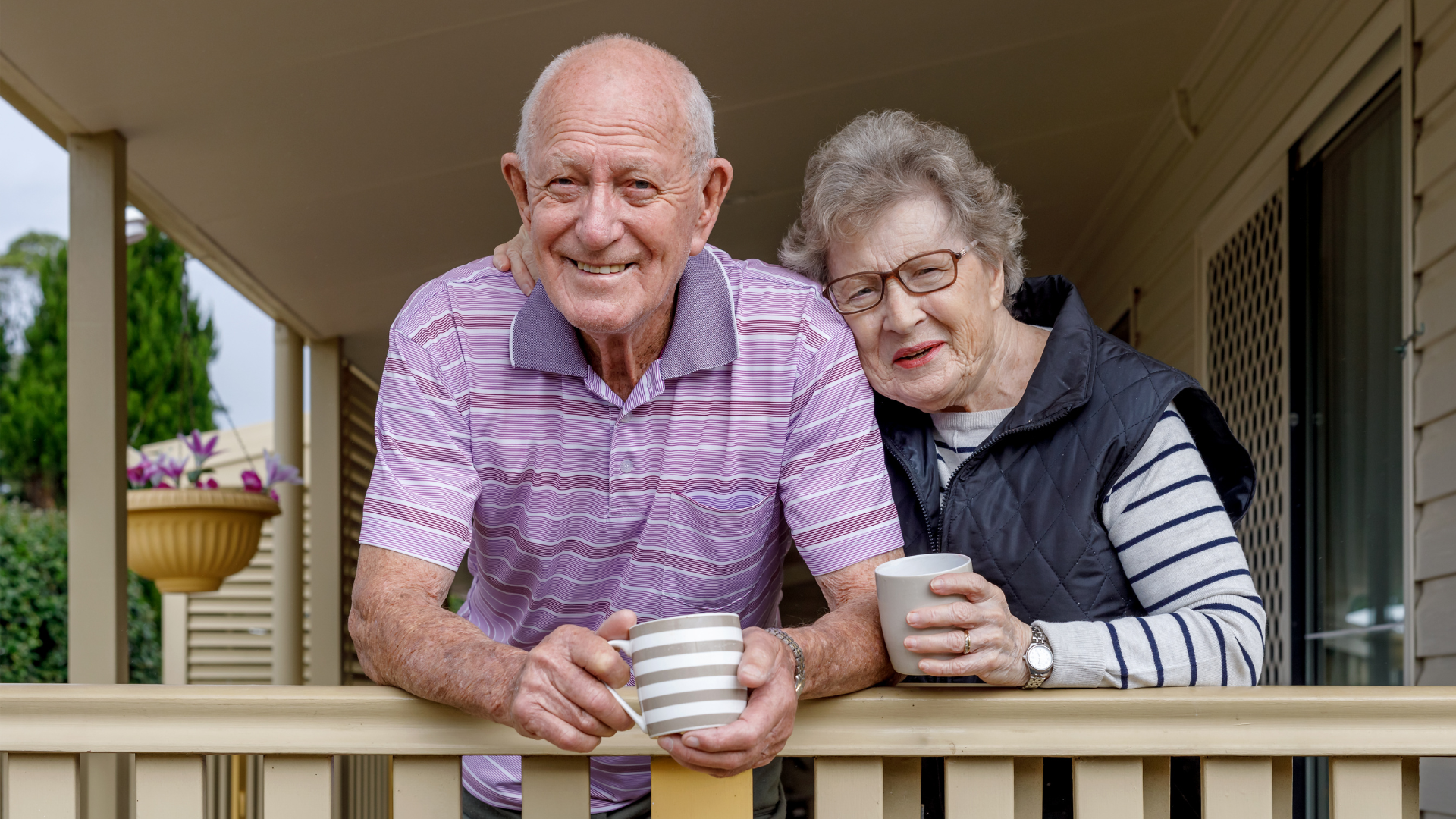As we age, many of us prioritize staying in the comfort of our own homes. “Aging in place” refers to the ability to live safely, independently, and comfortably in one’s home, no matter the changes that come with age or ability level. It’s about adapting our living environments to meet evolving needs, allowing us to maintain our quality of life without the need to relocate.
For many, moving to an assisted living facility or downsizing to a smaller home is not an appealing or financially feasible option. Aging in place allows individuals to stay in familiar surroundings while preserving their independence. It’s not just about making a home safe for older adults, but also about ensuring that people of all ages, including those facing unexpected injuries or illnesses, have an environment conducive to recovery and well-being.
Reasons for Aging in Place
- Familiar Environment: Staying in the same home you’ve lived in for years provides a sense of comfort and security. Familiarity with your surroundings reduces stress and makes daily living easier.
- Access to Established Services: Aging in place allows individuals to continue using the same shopping and personal services they’ve come to rely on, which can simplify day-to-day tasks.
- Neighborhood Relationships: Long-standing relationships with neighbors and the community can be a great source of social support and companionship.
- Continuity of Healthcare: Staying in the same area means individuals can continue receiving care from trusted healthcare providers, ensuring consistent medical attention.
- Familiar Surroundings: A familiar neighborhood, with its parks, stores, and streets, provides a sense of belonging and stability that is hard to replicate elsewhere.
Concerns About Congregate Living
While assisted living facilities offer care and companionship, they also present concerns that many people would rather avoid:
- Higher Risk of Infections: The risk of contagious diseases, such as COVID-19, tends to be higher in communal living spaces, especially where residents are older or have compromised immune systems.
- Loss of Privacy: Moving to a shared facility often means sacrificing personal space and privacy, which can feel intrusive to those who value their independence.
- Loss of Control Over Personal Routine: In communal settings, daily routines—like meal times or leisure activities—are often structured, which can reduce a person’s autonomy over their schedule.
- Social Isolation: Despite the communal aspect of assisted living, many residents experience social isolation, as group settings don’t always foster meaningful, one-on-one connections.
- Quality of Care: In some cases, concerns about understaffing or inadequate care can impact the overall well-being of residents in assisted living facilities.
Aging in place is not just about staying in a home but about ensuring a better quality of life. It offers a balance of familiarity, independence, and safety, making it a desirable option for many individuals as they age.

